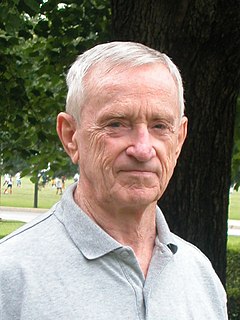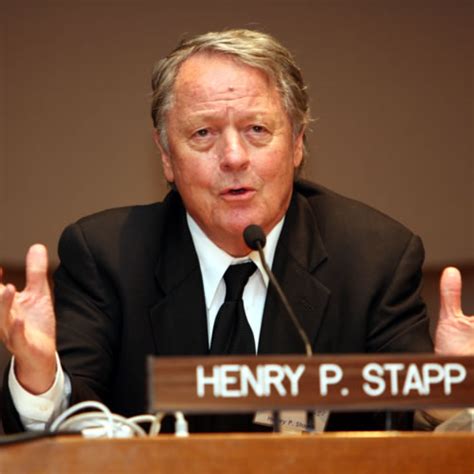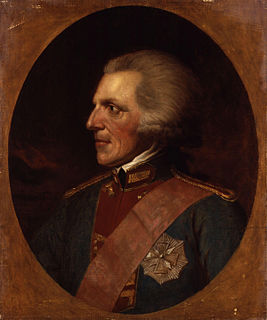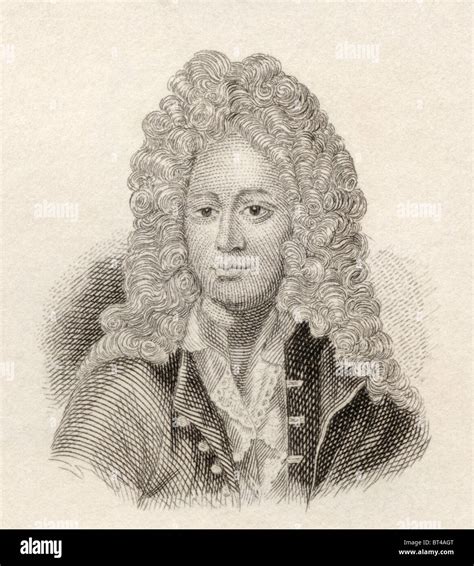A Quote by Robert L. Park
The greatest discoveries of science have always been those that forced us to rethink our beliefs about the universe and our place in it.
Related Quotes
Our beliefs about ourselves in relation to the world around us are the roots of our values, and our values determine not only our immediate actions, but also, over the course of time, the form of our society. Our beliefs are increasingly determined by science. Hence it is at least conceivable that what science has been telling us for three hundred years about man and his place in nature could be playing by now an important role in our lives.
Our greatest theoretical physicist, Stephen Hawking, recently declared that humans have no more than a hundred years to get off this planet to ensure the survival of our species. And when someone such as he does so, it is with an understanding not just of the science, but of both our tenuous place and our possibility in the universe.
Despite all the advancements in science, and all things about religion that are disproved it still marches on. The bottom line is that the only real, absolutely provable answers about life and our place in the universe are provided by science, and religion has been holding down science since day one.
Discoveries are always accidental; and the great use of science is by investigating the nature of the effects produced by any process or contrivance, and of the causes by which they are brought about, to explain the operation and determine the precise value of every new invention. This fixes as it were the latitude and longitude of each discovery, and enables us to place it in that part of the map of human knowledge which it ought to occupy. It likewise enables us to use it in taking bearings and distances, and in shaping our course when we go in search of new discoveries.
There are two questions that get to us all: Are we alone in the Universe? And, where did we come from? For me, science provides a much more satisfactory way to seek answers than does any religion I've come across. With that said, the universe is mysterious and wonderful. It fills me with reverence for nature and our place among the stars; our place in space.
When we sit thoughtfully pondering in a quiet place and the Spirit speaks to us, there will come into our hearts and souls the things that are truly our greatest desires, those things that are more important in the long run than anything else. Away from the appeal of the world, that greatest desire usually relates to relationships with family and with the Lord. And when that priority is in place, then we begin to plan our lives with purpose. We begin to have goals that cause us to live with anticipation.
In vain do we seek tranquility in the desert; temptations are always with us; our passions, represented by the demons, never let us alone: those monsters created by the heart, those illusions produced by the mind, those vain specters that are our errors and our lies always appear before us to seduce us; they attack us even in our fasting or our mortifications, in other words, in our very strength.
The human mind has a desire to know its place in the universe and the role we play in the tapestry of life. This is actually hardwired into our brains, the desire the know our relationship to the universe. This was good for our evolution, since it enabled us to see our relationship to others and to nature which was good for our survival. And it is also what drives our curiosity to understand the universe.
I can remember saying again and again and again, "A terrible thing has happened, but this should be a kind of wake-up call for our country, and we have a great opportunity now to reinvent ourselves. To rethink our position about oil and energy, to rethink our relationship with other cultures and other countries, and why other people want to attack us."
To exist in this vast universe for a speck of time is the great gift of life. Our tiny sliver of time is our gift of life. It is our only life. The universe will go on, indifferent to our brief existence, but while we are here we touch not just part of that vastness, but also the lives around us. Life is the gift each of us has been given. Each life is our own and no one else's. It is precious beyond all counting. It is the greatest value we can have. Cherish it for what it truly is..... Your life is yours alone. Rise up and live it.
If you can do one thing you thought was utterly impossible, it causes you to rethink your beliefs. Life is both subtler and more complex than some of us like to believe. So if you haven't done so already, review your beliefs and decide which ones you might change now and what you would change those beliefs to.
True piety admits no other rule than that whatsoever things have been faithfully received from our fathers the same are to be faithfully consigned to our children; and that it is our duty, not to lead religion whither we would, but rather to follow religion whither it leads; and that it is the part of Christian modesty and gravity not to hand down our own beliefs or observances to those who come after us, but to preserve and keep what we have received from those who went before us.

































